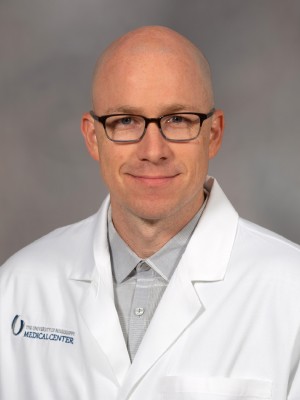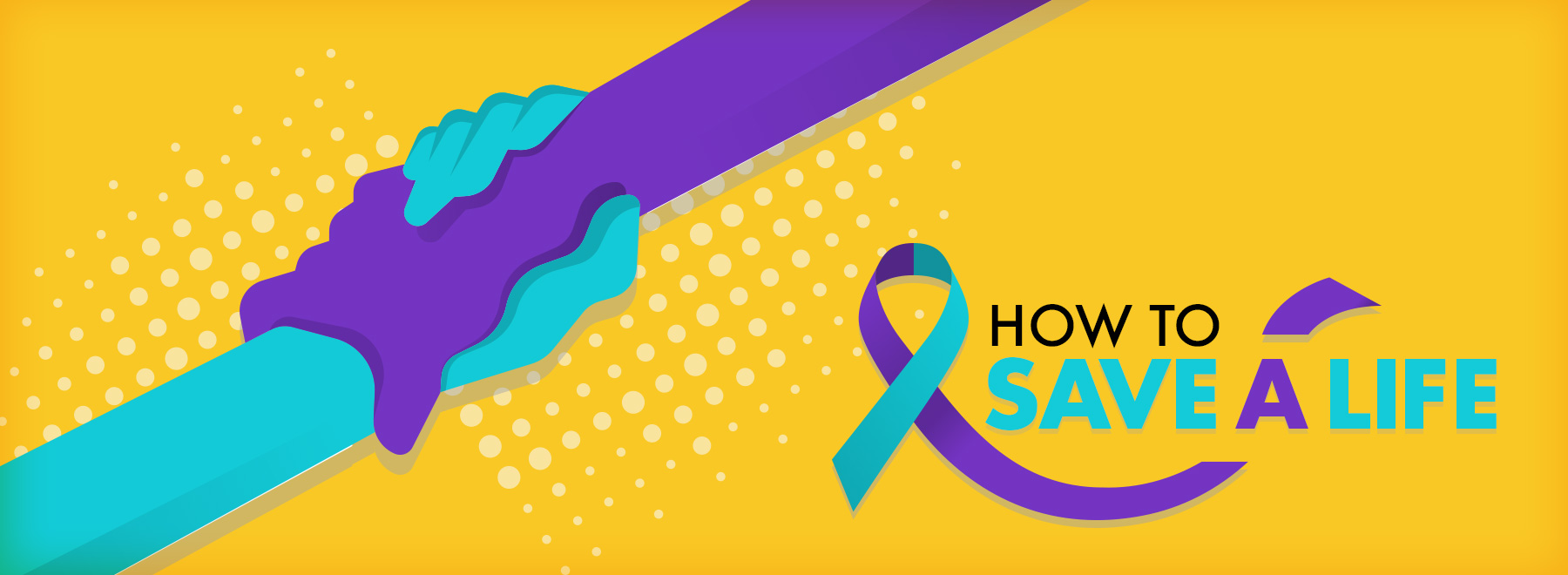Call 988, new suicide lifeline, for quicker access to trained counselors
If you or a loved one ever experience thoughts of suicide or any other mental health crisis, it is now easier to get help.
The new 988 Suicide and Crisis Lifeline number provides 24/7 access to counselors trained to help those experiencing emotional distress, including thoughts of suicide and substance use. You can either call or text the number, or chat at 988lifeline.org, from anywhere in the United States. It replaces the old 800 number.

The change is significant because it increases access to a life-saving resource, says Dr. Nick McAfee, assistant professor of psychology and director of the Student Counseling and Wellness Center.
“A three-digit number is easy to remember and advertise,” says McAfee. “If someone is having thoughts of suicide and needs immediate support, going through a multi-step process to find out what number to dial is not practical or maybe not even possible.”
Suicide is the second leading cause of death among young people and was the 10th leading cause of death in the United States before the COVID-19 pandemic, according to the Centers for Disease Control and Prevention. Nationally, the lifeline has received more than 20 million calls from people looking for help.
In Mississippi, lifeline counselors have seen the number of calls jump by more than 61 percent since 2016.
The abbreviated number is part of a national effort to improve community-based crisis care systems throughout the country, says Patricia Rogers, a social worker in the Department of Psychiatry & Human Behavior who is also an applied suicide intervention skills trainer, certified telephone crisis counselor/chat specialist and former assistant director at CONTACT the Crisis Line.
— — —
Intervention saves lives
“Research has shown that over 80 percent of calls, texts and chats can be resolved with no intervention necessary,” says Rogers. “Many people with thoughts of suicide just want to be heard and need someone to listen and support them.”

A person’s risk of suicide and overall distress declines substantially during the calls, says Dr. Matthew Morris, associate professor of psychiatry. “988 is also likely to have a broader impact on society by minimizing the use of law enforcement or emergency departments for mental health crises and providing individuals with access to early intervention services that can lower their risk for chronic and difficult-to-treat mental health conditions, which are often associated with substantial health care costs.”
Counselors are also skilled at supporting callers simply going through a stressful time.
Just having someone to talk to about their struggles before reaching a point of crisis is sometimes all callers need, says Rogers.
“I think one of the biggest misconceptions about calling the suicide lifeline is that it is only for folks who currently have thoughts about suicide,” says McAfee. “We all have seen how this resource benefits our patients outside of the therapy setting.”
McAfee says the crisis hotline is part of every treatment plan he makes with patients who have thoughts of suicide.
“You don’t have to wait until you have thoughts of suicide to call. The person on the other end won’t hang up on you. They’ll help you get the support you need and may even direct you to other services as relevant.”
In addition to 988, if you don’t feel up to talking on the phone or aren’t able to talk privately, you can text HOME to 741741 for text support, says McAfee.
— — —
Sharing your story
McAfee, Morris and Rogers say if you’re having suicidal thoughts, it’s also important to share how you’re feeling with someone you trust, whether a family member, friend, pastor, or mental health professional.
Don’t think you’re burdening others by sharing what you’re going through.
“I often ask how they would respond if someone came to them and said they were thinking of dying by suicide,” says Rogers. “Would they want to know? How would they feel?”
And though it may be tempting to isolate, that can make things worse.
“For anyone experiencing thoughts of suicide who does not have a mental health provider, I would highly recommend reaching out to one to establish care,” says McAfee. “The bigger the support network, the better.”
If the first therapist doesn’t feel like a good fit, ask for a referral to someone else.
“That is part of their job,” says Morris. “Ask your therapist or counselor if they provide evidence-based treatment for the types of problems you are experiencing.”
— — —
Protecting yourself
If you’re considering suicide, make sure your environment is safe, which could include giving a trusted friend any weapons or medications for safe-keeping while you work through those feelings, says Rogers. And ask someone to stay with you until you feel capable of keeping yourself safe.
If you notice changes in someone else’s behavior, like distress, ask them directly about suicide.
“There is a popular myth that asking about suicide may cause someone to think of suicide,” says Rogers. “This myth has been debunked through research. Asking directly about suicide and being able to recognize what might be an invitation to talk about it, as subtle as it may be, can save lives.”
You should also avoid alcohol or drugs when experiencing depression or thoughts of suicide because they increase the risk, says McAfee.
Adds Morris: “If you are concerned that suicidal thoughts may soon turn to action and other crisis support options are not available, go to the nearest emergency room and let them know you have been thinking about suicide. They will conduct a thorough assessment and help connect you with the resources you need.”
“I would like people with thoughts of suicide to know that they are not bad, and certainly not alone, for having these thoughts,” says Rogers. “Millions of people have thoughts of suicide each year.”
The above article appears in CONSULT, UMMC’s monthly e-newsletter sharing news about cutting-edge clinical and health science education advances and innovative biomedical research at the Medical Center and giving you tips and suggestions on how you and the people you love can live a healthier life. Click here and enter your email address to receive CONSULT free of charge. You may cancel at any time.



